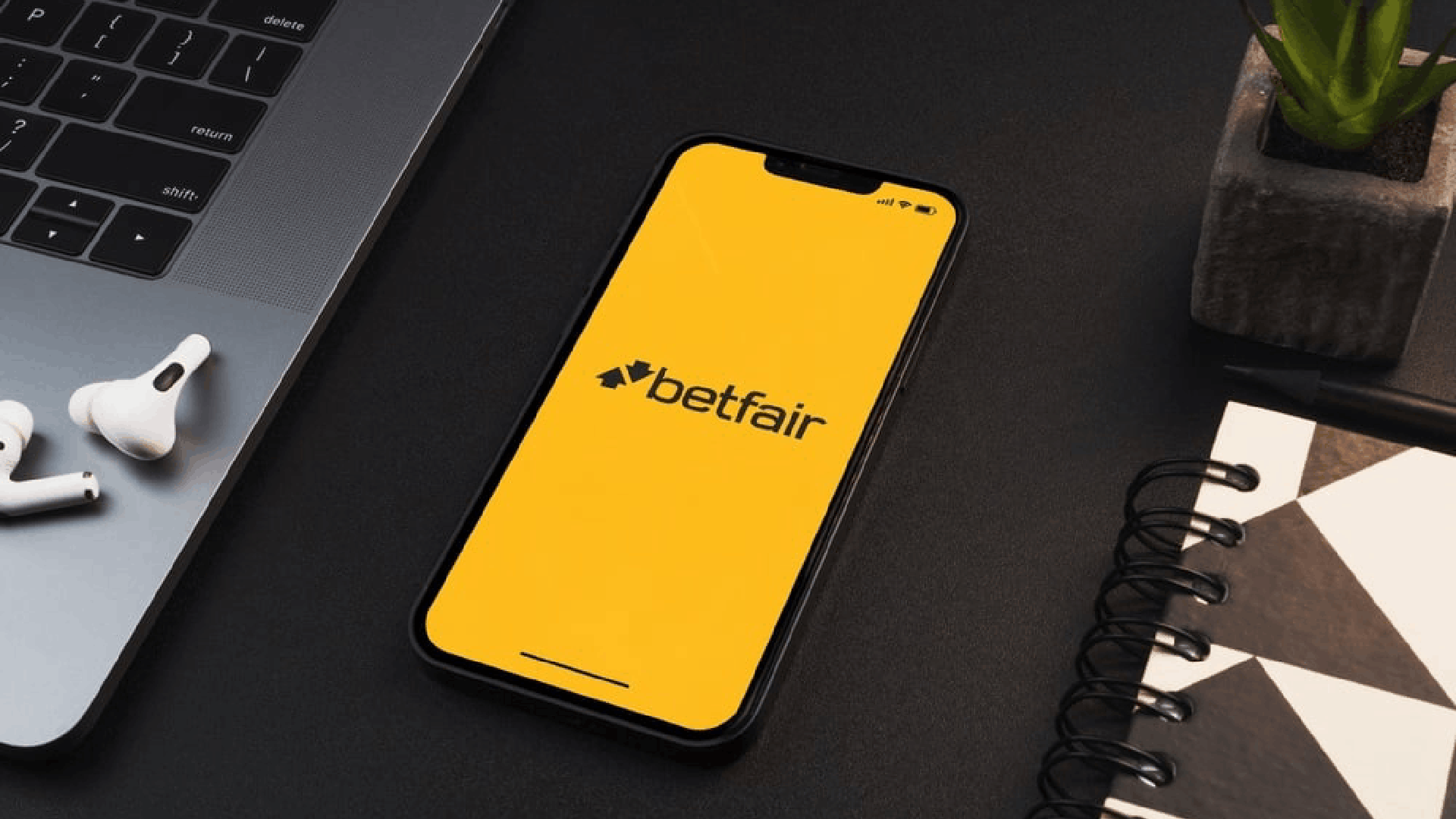
DraftKings (NASDAQ: DKNG) is required to confront class action lawsuits after a federal judge determined that the non-fungible tokens (NFTs) available on DraftKings Marketplace qualify as securities.
On Tuesday, US District Judge Denise Casper decided that the lawsuit can move forward since the Howey Test criteria were satisfied concerning the digital trading cards sold on Marketplace to players in DraftKings’ Reignmakers fantasy games.
The Howey Test originates from the pivotal Supreme Court case SEC v. W.J. Howey Co. in 1946. Since that time, the Supreme Court established four criteria to assess if an asset qualifies as a security. Those criteria include the monetary investment, anticipated returns, shared venture, and investment outcome reliant on entities outside the individual investor. Casper decided that the plaintiffs satisfied those criteria in the lawsuit against DraftKings.
"Thus, while the Howey test remains crucial in discerning the line between securities and non-investments, its application has varied based on jurisdiction, the specifics of the case, and changes in the types of financial products being offered,” according to Investopedia.
An NFT represents a piece of information recorded on the blockchain. NFTs can be utilized for different digital assets, including audio files, video files, and images. The lawsuit was submitted in March 2023 to the US District Court in Boston by Illinois resident Justin Dufoe. He asserts that he lost about $14,000 on NFTs he purchased from DraftKings Marketplace.
Poor Timing for DraftKings NFT Initiatives
In the middle of 2021, during the rise of the NFT market, DraftKings announced its plans for DraftKings Marketplace. Reignmakers, operating on the Polygon blockchain, was the fantasy sports component of Marketplace.
With Reignmakers, users gather collections of gamified NFT cards through auctions, pack releases, and transactions on the secondary market. Participants subsequently utilize these cards in fantasy contests for NFL, PGA Tour, and UFC during those seasons. Nonetheless, the timing was unfavorable for Reignmakers participants eager to make profits on their digital trading cards, as shortly after, NFT prices plummeted and trading volumes diminished. Counsel for Dufoe pointed out in the 2023 legal complaint that their client acquired over $72,000 in NFTs on DraftKings Marketplace, and that the value of those tokens had fallen to $58,000.
The lawsuit additionally claims that throughout the class period, DraftKings did not register its NFTs as securities with the Securities and Exchange Commission (SEC). If that is established, DraftKings may face regulatory examination since the SEC has initiated enforcement actions categorizing NFTs as securities.
Casper's choice signifies that DraftKings Marketplace is far beyond merely a digital version of a trading card store. Instead, the judge stated that it is a securities exchange, possibly suggesting that DraftKings is reportedly handling securities improperly.
Recent Examples Do Not Support DraftKings
Although NFTs are a relatively new asset class, there exists some legal precedent that might advantage the plaintiffs in the DraftKings Marketplace case.
In 2023, US District Judge Victor Marrero determined that the NBA trading cards provided by NBA Top Shot — managed by Dapper Labs — qualified as securities. Dapper generated a total of $153 million through the initial sales and resales of those NFTs on its platform, and last month, the US District Court for the Southern District of New York directed the company to compensate plaintiffs with $4 million. The plaintiffs filed a lawsuit against Dapper, asserting that NBA Top Shot NFTs qualify as securities.
Moreover, in 2023, the SEC collected a total of $1.5 million in penalties from two NFT issuers that the commission claimed were offering unregistered securities.










